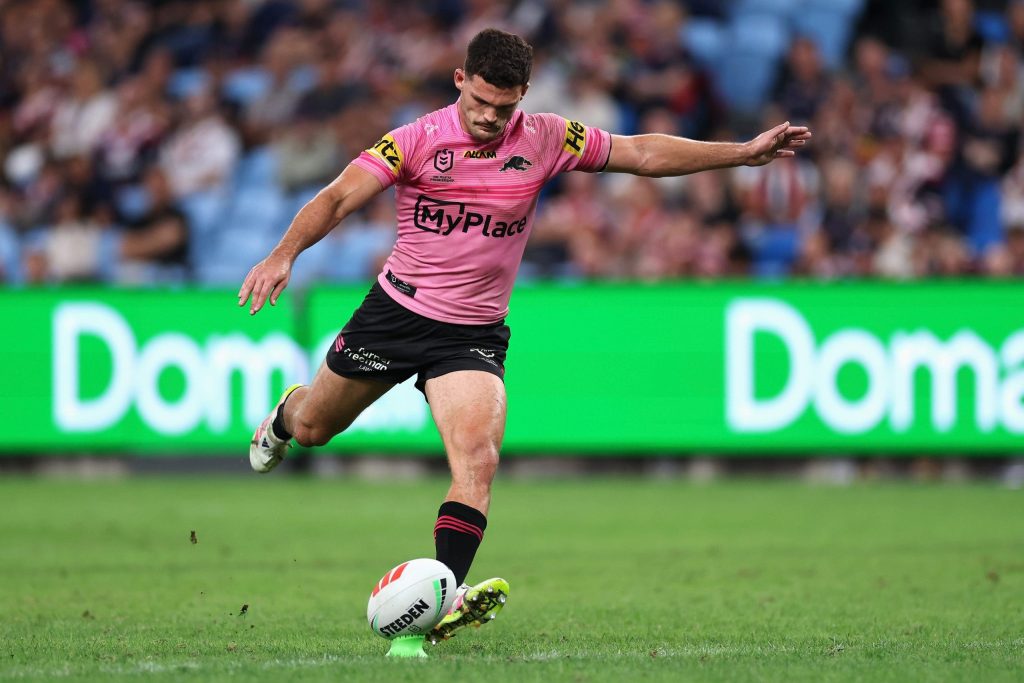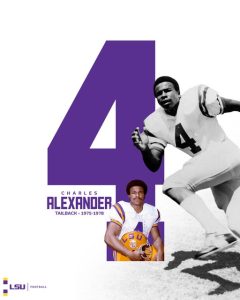
Three premierships. Four consecutive grand finals. A roster packed with representative stars, a coach hailed as one of the sharpest minds in modern rugby league, and a culture built on discipline, development, and dominance. The Penrith Panthers’ NRL dynasty will go down as one of the most extraordinary runs in league history. But as with all sporting empires, time, circumstance, and competition have a way of closing the curtain. And now, after years of owning September, the Panthers’ premiership reign is over.
The signs of a crumbling empire have been present for some time, even if masked by the club’s ability to continue winning. The cracks began to show when key players started exiting. Viliame Kikau, Api Koroisau, Stephen Crichton, Matt Burton, and Spencer Leniu are just some of the big names who left Penrith in the last few seasons, either chasing opportunities elsewhere or simply squeezed out by the club’s salary cap constraints. While Penrith continued to develop young talent and maintain a strong core, the cumulative loss of elite-level contributors began to erode the team’s balance.
Injuries have also played a role. This season has been particularly unkind, with star players missing extended periods. Nathan Cleary, the team’s on-field general, has struggled with consistency due to injuries and fatigue. Without Cleary firing on all cylinders, Penrith’s precision and execution—once hallmarks of their play—have looked increasingly vulnerable. Even when he’s on the field, the aura of invincibility that once surrounded this team has waned.
Then there’s the rest of the league. When you’re on top for as long as the Panthers have been, you become the benchmark. Every team studies you. Every team designs game plans specifically to beat you. Coaches and analysts pick apart your strengths and weaknesses until the blueprint for beating you becomes public knowledge. This season, that blueprint has been increasingly effective. Where once teams would fold under Penrith’s relentless pressure, they now hold their nerve. Where once Penrith’s defensive wall was unbreakable, cracks have opened wide.
Ivan Cleary, the mastermind behind this run, deserves immense credit. His system transformed the Panthers into a ruthlessly efficient machine. But even the best systems can stagnate. Opposing sides have caught up, and in some areas, surpassed Penrith. Their attack, once dynamic and varied, now feels predictable. Their defense, once suffocating, now shows signs of wear. It’s not that Cleary has become a lesser coach; it’s that the rest of the competition has evolved.
Perhaps the biggest sign that the dynasty is over isn’t found in tactics or injuries, but in energy. Dynasties don’t just die on the scoreboard—they fade in attitude, hunger, and identity. Watching Penrith this season, there’s a sense that the fire has dimmed. This is a team that has climbed the mountain multiple times. Keeping the hunger alive after years of success is a monumental challenge. For all their professionalism and pride, the Panthers now look like a team battling fatigue—mental, emotional, and physical.
This isn’t to say Penrith will become irrelevant. Far from it. They will continue to make finals appearances. They’ll remain a respected opponent, built on a culture of accountability and excellence. But the magic of inevitability—the sense that Penrith could flip a switch and crush any challenger—is gone. They are no longer the hunted. They are now simply another contender.
The salary cap era makes sustained dominance almost impossible. The Panthers managed it longer than most. Their junior development pathways are still among the best in the league, and their front office remains committed to long-term planning. But systems alone don’t win titles—execution, health, and timing do. And the perfect storm that fueled three straight titles has passed.
Off the field, the cracks are visible too. Speculation around the futures of key staff and whispers of internal dissatisfaction have surfaced. Winning covers everything, but when results dip, so too does harmony. The pressure of maintaining excellence creates fractures, and for Penrith, those fractures are beginning to widen.
It’s also worth noting the psychological toll of being the champion. Year after year, the Panthers have carried the weight of expectation. Every game is a statement. Every loss is a headline. That kind of scrutiny wears down even the toughest athletes. At some point, the joy of playing can give way to the burden of defending a legacy.
This season’s results speak volumes. Losses that would’ve been unthinkable two years ago are now routine. Teams are no longer intimidated. Penrith is beatable, and everyone knows it. That change in perception is seismic. It shifts how opponents prepare, how referees officiate, and how media frames the narrative. Once the aura of dominance fades, it rarely returns.
So where does this leave Penrith? In transition. They must now reinvent themselves. It won’t be easy, but it’s possible. Clubs like the Storm and Roosters have shown it can be done—sustaining success through smart recruitment, adaptability, and leadership. The Panthers will need to evolve, rethink, and renew. New stars must emerge. New ideas must be embraced.
There’s a chance that this article will age poorly—that Penrith rallies late in the season, rediscovers its magic, and makes another deep finals run. But if that happens, it will be a triumph of resilience, not a continuation of dominance. The era of expecting Penrith to win is over. The dynasty is finished, not because of a single loss, but because the ingredients that sustained it—talent, freshness, cohesion, hunger—have finally run dry.
Sports fans often struggle with endings. We want fairy tales to last forever. But the beauty of dynasties lies in their fragility. They are built on a razor’s edge of timing and chemistry. When they succeed, they redefine the sport. When they end, they remind us that greatness is temporary.
The Panthers should be celebrated, not mourned. Their run was historic, their style distinctive, and their success well-earned. But time has caught up. The competition has adapted. The reign is over.
And that’s okay. Because even fallen dynasties leave legacies that last forever.





